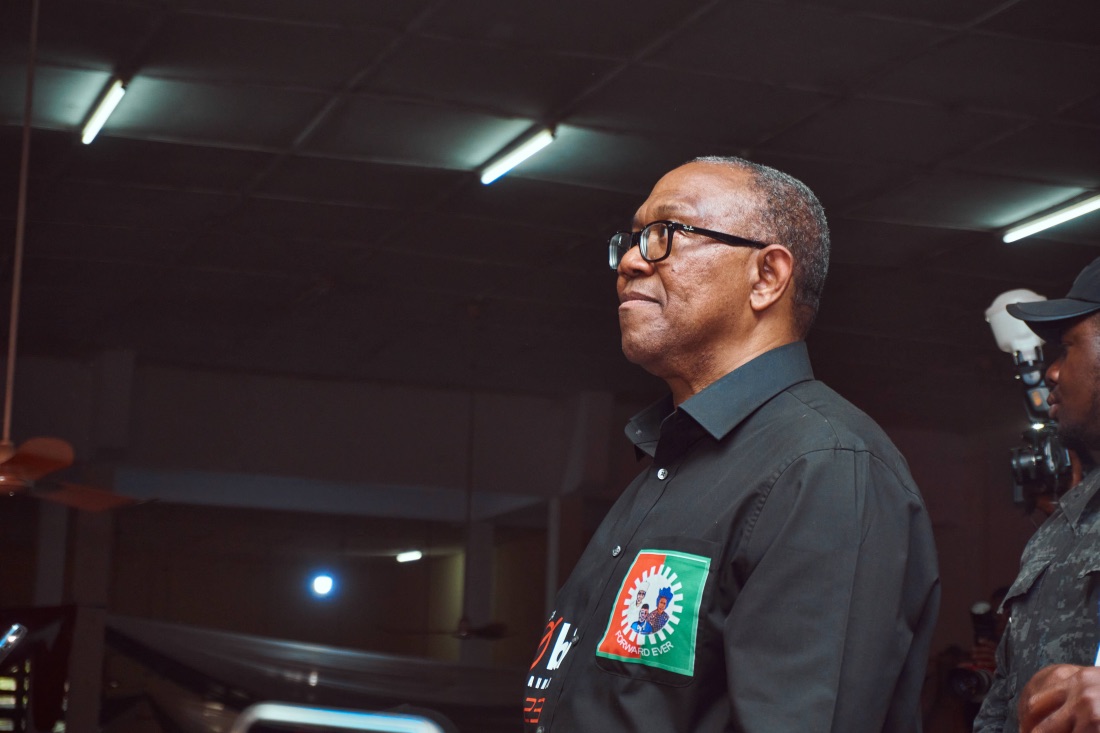The fallout from Nigeria’s recent presidential election has continued as Peter Obi, the presidential candidate of the Labour Party, filed a petition before the Election Tribunal on Monday, March 20, 2023 urging the court to nullify the election result.
The petition, which was filed on behalf of the Labour Party, cites widespread irregularities and violations of electoral laws, alleging that the election was neither free nor fair.
Addressing journalists shortly after the filing, Peter Obi expressed confidence that justice would prevail, stating that the petition was not just about him or his party, but about the future of Nigeria’s democracy.
He urged Nigerians to remain vigilant and committed to the rule of law, stating that only by upholding the principles of democracy can the country move forward.
The Labour Party’s decision to challenge the election result adds another layer of complexity to an already contentious process.
“We are challenging the qualifications of the candidate that was declared the winner. We are also challenging the processes that led to his declaration as the winner, among others,” Yunusa Tanko, the chief spokesperson for the Labour Party Presidential Campaign Council said on Arise News TV station.
This move is not surprising, Mr Obi had vowed earlier in the month to challenge the outcome of the election in court, expressing confidence in the Nigerian judicial system to do the right thing.
“I will challenge this rascality for the future of the country. If we allow this stand, how can we say to the train robber or the kidnapper that what they are doing is wrong,” Obi asked at a press conference in Abuja on March 2, 2023. “This is not the end but the beginning of the journey for the birth of a new Nigeria.”
Atiku Abubakar, the presidential candidate of the People’s Democratic Party, had earlier filed a similar petition before the tribunal, alleging widespread irregularities and calling for a rerun. The tribunal is expected to hear both petitions in the coming weeks, and the outcome could have significant implications for the future of Nigeria’s democracy.







